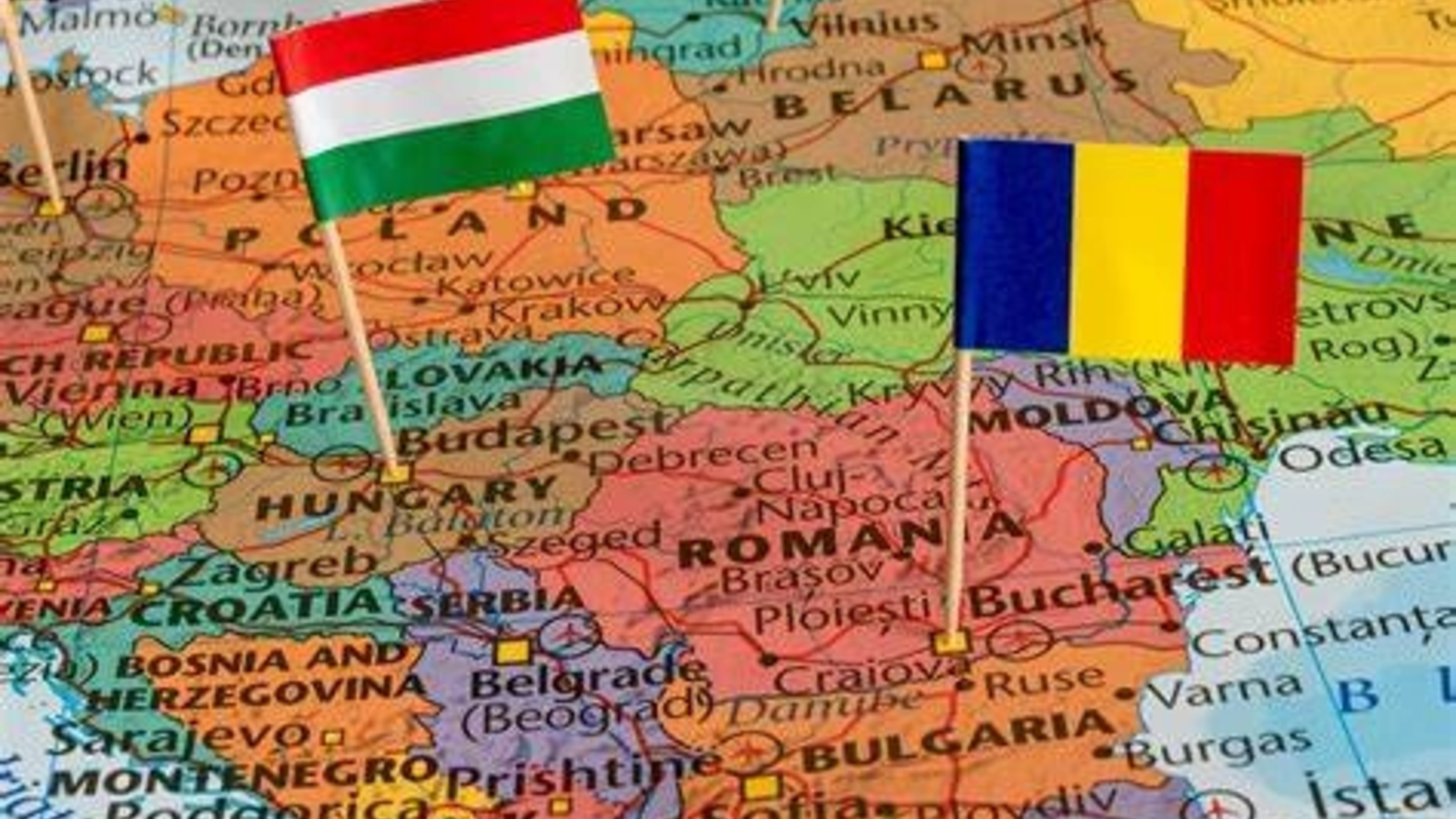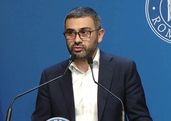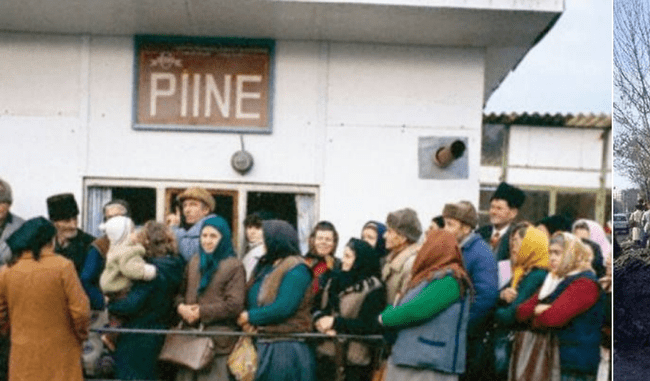Romanian and Hungarian emergency authorities launched on Monday at the Baile Felix spa the cross-border emergency response project TERES ('Timely and efficient response to emergency situations in the cross border area') that will be implemented over the next three years in the Romanian counties of Bihor and Satu Mare and in the Hungarian county of Szabolcs-Szatmar-Bereg. Of the project's total value of 11 million euros, 7.2 million euros are ERDF funding.
"This significant funding will be used to build a specialized personnel training center in the municipality of Marghita - Bihor County, and two training centers in Hungary intended for storm and flood response personnel. This project will also allow the modernization of the headquarters of the Emergency Management Inspectorate General in Satu-Mare and the acquisition of vehicles and essential intervention equipment for the missions we carry out. All these investments will contribute to providing an efficient and professional response to requests for support in the cross-border area," said project manager Colonel Alin Maghiar - head of the Foreign Funded Projects Directorate of the Bihor County Emergency Management Inspectorate General (IGSU).
In addition to the aforementioned objectives, the project will include 288 joint actions, 20 training sessions, a three-day joint exercise at the end to test the acquired skills, and the development of a common strategy and training curriculum.
"Together we have managed to lay the foundations for an ambitious project and develop a long-term partnership with real benefits. We can confidently say that this project, which will be implemented over the next three years, represents the continuation of a solid cooperation between the Romanian and Hungarian authorities, which aims to strengthen response capacities and prevent disaster risks," Alin Maghiar emphasized.
The TERES project was initiated by IGSU, as project leader, with three partners: the Crisana Emergency Management Inspectorate in Bihor County, the Somes Emergency Management Inspectorate in Satu Mare County, and the Szabolcs-Szatmar-Bereg County Disaster Management Directorate, Hungary. The project aims to strengthen cross-border emergency response and interoperability between Romania and Hungary through joint training, infrastructure development and a common operational framework for natural and climate change-related disasters, thus improving the degree of preparedness and operational efficiency in the cross-border area of the program.
A training center for firefighters will be built from scratch in Marghita, plus training facilities for tackling indoor open fires, as a building will be erected just for this purpose. A search/rescue labyrinth will also be set up, with rooms specifically equipped with installations that create flames, simulating fires that will have to be put out. Firefighters from both Bihor and from neighboring counties will train there, as well as those who will joint the firefighting force, declared for AGERPRES the head of the Bihor Emergency Management Inspectorate, General Sorin Caba.
Speaking for the Hungarian partner, the head of the Investment and Development Department of the Hungarian National Disaster Prevention Inspectorate, Lieutenant Colonel Tibor Bancsi said that everything the Romanian and Hungarian partners will achieve together under this program is extremely valuable, and close ties will be formed between the participants during their joint work. After the completion of the projects, the buildings and equipment will support daily activities in both countries, but what will truly leave a deep mark will be the human relationships that will be formed in the coming months, Tibor Bancsi said.
Undersecretary of State with the Ministry of Development, Public Works and Administration Gabriel Ghilea stressed that this project, financed through the Interreg VI-A Romania-Hungary Program is a clear example of how joint challenges can be transformed into joint solutions.
The total budget of the project is 10,903,255.52 euros, of which 7,210,668.50 euros provided by the European Regional Development Fund (ERDF), and 3,692,587.02 euros represent the national public contribution.
































Comentează